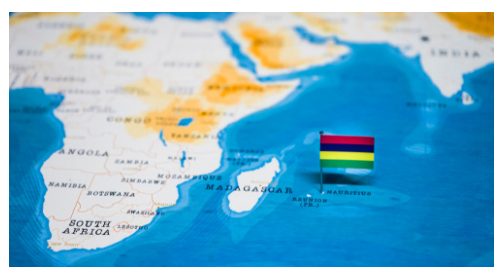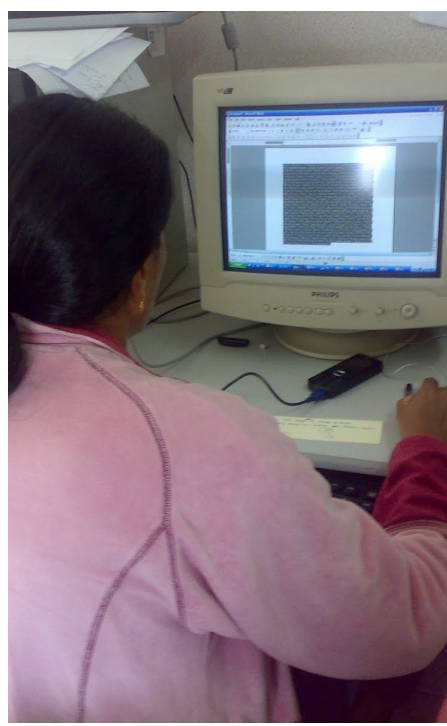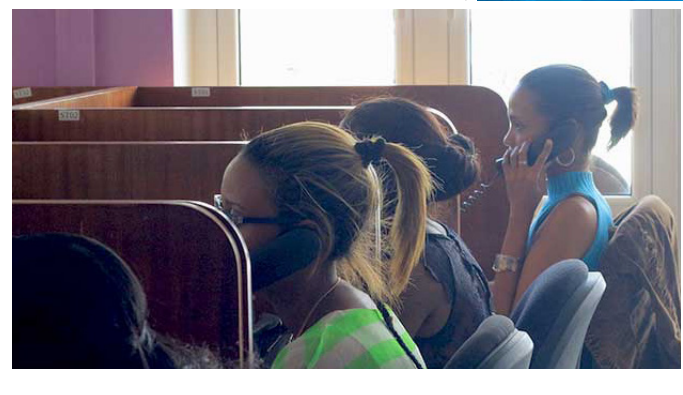Before the mid-1980s, the economy of Mauritius was known to be dependent on agriculture; especially the exportation of sugarcane, as a means of generating revenue. Apart from agriculture, another source of revenue for their economy was tourism. The Mauritian tourism sector is one that still thrives to this day, and contributes about 25.6% of the country’s GDP. After the decision to diversify the Mauritian economy, Mauritius became reliant on four economic pillars: manufacturing, sugar, financial services, and tourism. This diversification moved the African island from a low-income economy to a middle-income country, with enough budget to run the country.

With a lot of technological advancement happening in the 21st century, Mauritius has embraced ICT, as its 5th economic pillar. This has seen the Mauritian government investing so much in an ICT future that is sustainable, ever-growing, and profitable. They aimed to turn Mauritius into an ICT destination for not only Africa but the whole world. Presently, you can say that the government has done a lot to achieve that because Mauritius is not only an information-based economy, it is also an information-based society.
An Overview Of The Mauritius ICT Sector
The ICT sector in Mauritius was speedily added to the country’s long-term plans because of the great things it would do for the future of the African island. This move has been paying off as the sector keeps growing. According to the Mauritian Board of Investment (BOI), in 2018, the ICT sector contributed about 5.6% of the country’s GDP and employed about 23,000 people. In 2019, the contribution of the ICT sector grew to 5.8% and a further 4,000 people were employed in that fiscal year. These figures might seem to not be much but they matter a lot to the island with a population of just under 1.3 million people.
Mauritius has established itself as the main hub for ICT in Africa. The government’s policies have ensured the country is the safest in Africa when it comes to cybersecurity. Mauritius has the highest internet penetration rate on the continent, with 63% of its population having access to the internet. Of these internet users, 720,000 are active users of social media platforms like Facebook, Instagram, and Twitter. Also, there are 1.74 million mobile services subscribers, meaning there are more phones and registered SIM cards in the country than people.

How Mauritius Has Achieved Its Status as the Topmost African Country in ICT
The Mauritian government in the process of making ICT a major pillar of their economy made ambitious plans to integrate ICT into every other sector of the economy. This includes the “Digital Mauritius 2030” strategy, which aims to drive the economy into an ICT-driven future. What makes Mauritius the best place for ICT to thrive in Africa, is the country’s high rankings when it comes to good governance, the safety of foreign investments, and the freedom to own businesses. The government’s economic policies have attracted major players in ICT, including Microsoft, Huawei, Orange, IBM, CISCO, HP, and Oracle. These companies have set up their operations and development centers in the country, and there are hopes of more ICT companies settling down in Mauritius, to penetrate the African market.
To achieve the aim of getting the best out of the ICT sector, the Ministry of Information Technology and Communication (MICT), was replaced by the Ministry of Technology, Communication, and Innovation (MTCI), in 2015. Smart cities and Techno parks were also set up in various parts of the country, to promote the development of ICT in the country. Remember tourism contributes a little over a quarter of the GDP of Mauritius? They have also found a way to couple the ICT and tourism sectors, making the country
The government has made ICT a part of different activities in the country including education, formulating government policies, finance, and health.
The number one smart tourism destination in Africa. This smart tourism initiative has made the tourists have a better on-site experience in the already fascinating tourist destinations all over the island, and this is with the use of ICT.
Apart from tourism, the government has made ICT a part of different activities in the country including education, formulating government policies, finance, and health. With ICT, the government has brought the people closer to themselves. It is not uncommon to find government-sponsored online surveys, which try to find out how citizens feel about certain decisions made or to be made by the government.

What Can The Rest Of Africa Learn From The Mauritius ICT Sector?
Africa is an emerging force in the world’s economy, and they’re still is much work to do. Most African countries have still failed to realize how much of an impact ICT would have on growth and development. The Mauritian model has shown that diversification would go a long way in boosting a country’s economy. With the 21st century now driven by ICT, there is a need for other countries to base other sectors of their economy on the ICT sector.
The African continent has a population of more than 1.3 billion people (the second in the world behind Asia), meaning it is most definitely not lacking in human resources. With its population, Africa should be the haven for ICT investors, who aim to make a lot of profit. As Mauritius did, the African continent should have an environment that would encourage these investors to develop the ICT economy of Africa. With more investments, more Africans would be employed or empowered in one way or the other by ICT.
